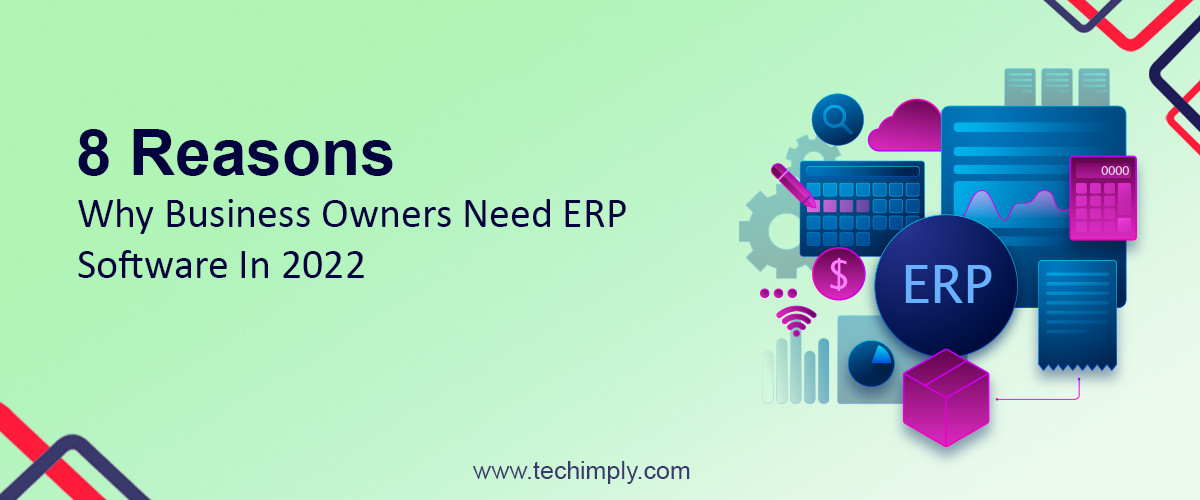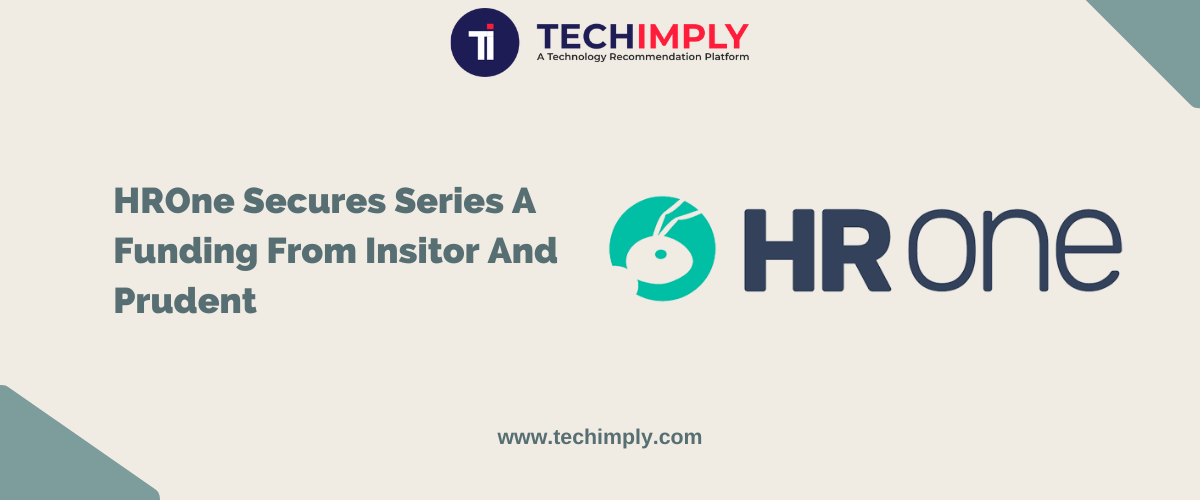The global COVID-19 pandemic has pushed businesses to shift gears quickly, right from managing hostile demand swings, unanticipated supply chains, and adopting remote working policies. Many businesses are accelerating their digital transformation initiatives.
The challenge is not to regain the pre-pandemic levels of operations, but to develop business models that are more irrepressible than before. Even modern ERP is reimagining the OS footprints, as businesses are embracing tech-driven transformation like never before. This increases the need to choose an automated platform for organization management in 2022.
ERP or Enterprise Resource Planning solution is an integrated system that allows for managing multiple business processes, but how is it much better than other software and programs that are available. How will an ERP solution help business owners in 2022? Below are some good reasons why businesses need to use a solid ERP system.
Saves more money
ERP packages come with higher investment, but once you get past price tag shock, you will find out how ERP Software in India offers the roadmap for an increase of ROI.
- It unifies multiple systems that are currently used separately in your business.
- From accounts payable to product development, the staff will access necessary information from the single centralized system.
- A unifying system helps staff use their working hours efficiently. There is no need to waste time hunting for specific data across several systems. Information retrieval is easy with a central database.
- The cost of training employees for operating different systems is eliminated, and you can focus on training sessions with a single vendor.
Enhanced collaboration
As ERP is a centralized database, it offers the business a single reliable source to work with. Working with data extracted from different systems makes way for better decision-making. With a centralized database, setbacks due to working with incorrect data are highly reduced.
As the entire team has access to all the data from a single system, projects delays can be avoided. There is no need for merging data across different sources or systems. All the data is gathered, stored, accessed, and shared from a single system without any concerns about the accuracy, completion, and security of data files.
Without ERP, there is always the risk of human errors in processes, due to entering customer data again and again in different systems, which is easily avoidable now with the centralized database system.
“Businesses will need to embrace ERP because of the uncertainly looming large over us. We cannot afford to shut down business operations whenever the lockdowns are announced. Employees should be equipped to do their work from any remote location with access to real-time data. It is more so important for small and mid-size companies in the context of long-term business contingency and growth plans” – Andrew Dominik co-founder quailtyguestpost.
Better analytics
ERP system records and stores every data that the user inputs, so it also works as a great business intelligence platform for businesses. It helps to enhance your analytics activities, which otherwise would take time for research and compilation.
Many ERP programs offer custom dashboards, allowing executives to view the reports as soon as they log in to the system. The analytical reports include everything ranging from custom KPIs to income & expense statements.
Accessibility to these reports quickly allows for making quick decisions in business. There is no need to wait for the IT department to generate the reports when you need them. Analytical reports are always made available for relevant staff to see!
Top Digital Transformation Companies are implementing ERP systems with better analytics to gain real-time insights into their operations and make data-driven decisions.
Enhances productivity
Tasks like inventory management, generating reports, timesheet tracking, order processing, etc. are tedious tasks that take hours to accomplish. Moreover, these repetitive boring tasks dampen the morale of your employees and make them vulnerable to making errors. ERP solutions can help to automate all the repetitive and tedious tasks.
A redundant task like data entry is eliminated and advanced calculation is performed within minutes. Team members can use the saved time in getting more productive and efficient, thus increasing your ROI associated with human resources.
Simplifies compliance
It is hard for businesses branched out in different countries to keep track of different regulations imposed. Even local businesses need to be concerned about human resources, environmental, and data security regulations.
Several ERPs are built for compliance management at every stage. There are in-built auditing tools that help to document things like tax provisions and chemical use. It becomes easy to create reports and email them to the relevant governing body.
Better risk management
A risk management tool is also provided with this solution. Thus ERP helps to improve the accuracy and reliability of the overall financial management because the chances for mistakes during accounting are significantly reduced.
Forecasting tools help users to predict events associated with labor, demand, and budget. Accessibility to this data allows for creating more accurate schedules, product development plans, and a sound budget.
Enhanced inventory management
Growing companies need to keep track of their increasing inventory needs. ERP makes use of bar codes, serial numbers, and RFID tags to keep tabs on inventory. Thus inventory levels connected with different warehouses, including which item is on the shelves, and which product is in transportation are monitored. All the guesswork associated with the packing, picking, and shipping process is removed with an increase in warehouse visibility.
Inventory management strengthens reporting because tracking offers more accurate numbers. KPIs like which product shows great demand, which moves fast, or which increases carrying cost, can be evaluated with better precision by the warehouse managers. They can use the real-time inventory data to make accurate supply chain decisions.
Enhanced production planning & resource management
ERP system even manages the production floor. Users can optimize the production schedules, labor, and equipment to increase capacity. ERP even manages fixed assets and BOM {Bill of Materials]. Fixed asset management reduces the unexpected downtime due to equipment failure and improves supply chain relationships and profitability.
The reasons why businesses need to use ERPs in 2022 outweigh its high price tag. It makes way for long-term business growth.






